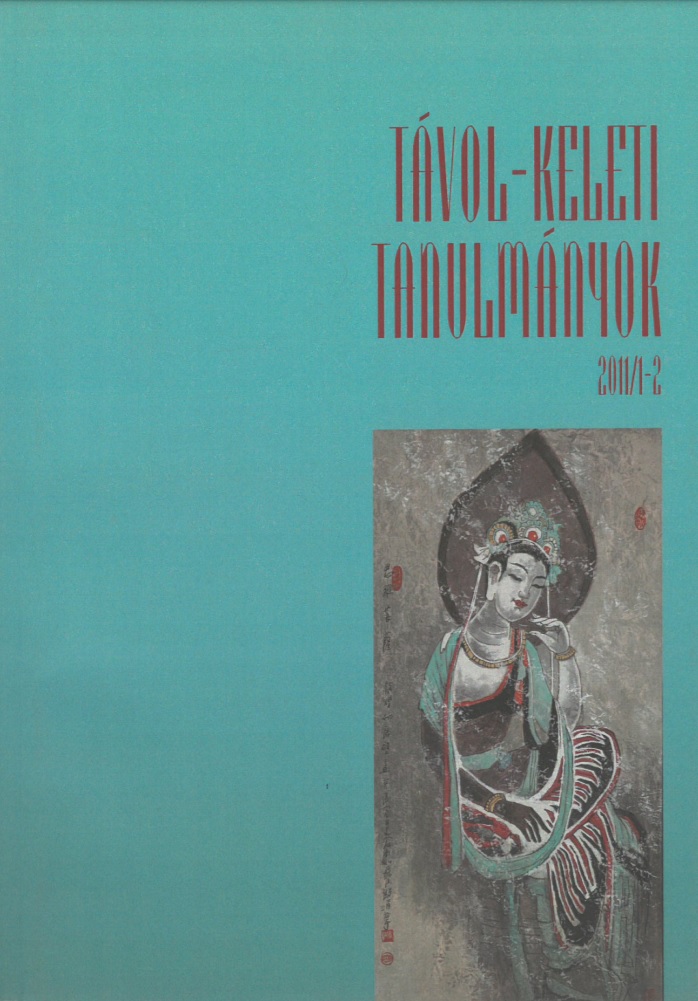Published 2013-09-03
How to Cite
Copyright (c) 2013 the author(s)

This work is licensed under a Creative Commons Attribution-NonCommercial 4.0 International License.
Abstract
This paper focuses on rites of passage observed during the years of early childhood in traditional Japanese communities. The function of rites of passage has been defined within their role of accompanying and facilitating transitions in the course of human life. These turning points were often perceived by the community as well as by individuals as moments of crisis, and as such, most cultures paid particular attention to these moments in order to safeguard them. At the critical junctures of the course of human life it is not only physical change that is at stake, but a new social position also needs to be acknowledged with regard to individuals. The first year of life, in particular, has been distinguished by an elevated number of rites in Japan, most of which are documented by a rich folklore literature. The paper provides an overview of the main findings of Japanese folklore research that places these ritual observances into the interpretative framework defined by the traditional cosmology based on the transition of the human soul. The discussion will also attempt to address methodological difficulties encountered when applying these approaches to the study of rites of passage observed in contemporary Japanese society.
